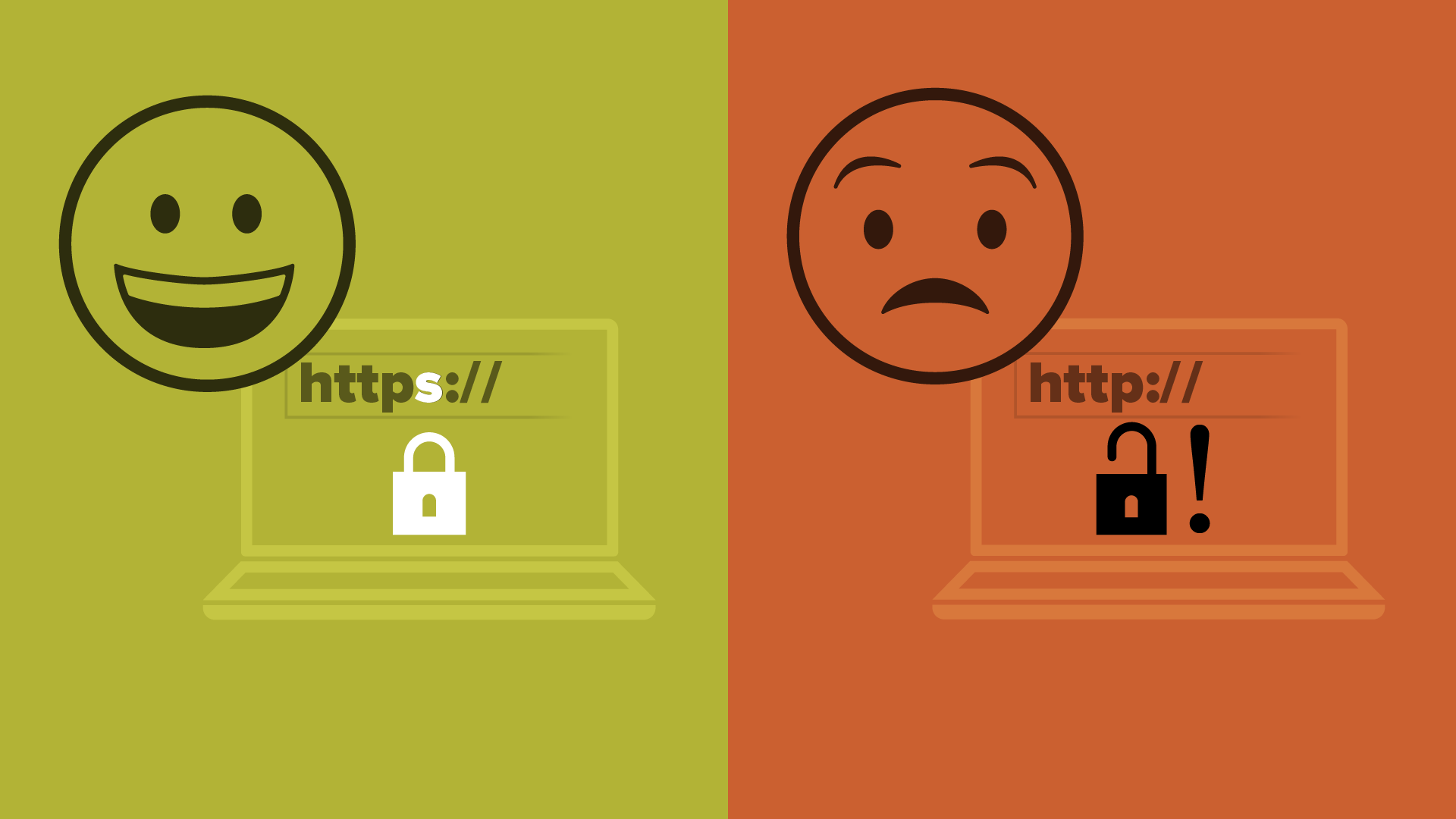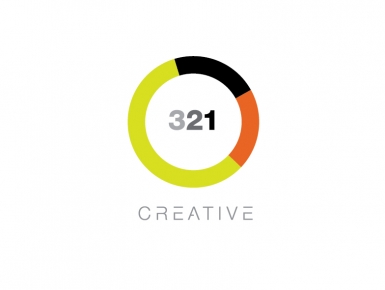
In order to incentivise webmasters to secure their websites, Google is rewarding companies with SSL Certificates with higher search rankings. Since the release of version 56 of Chrome, Google is entering the first part of a staged rollout that encourages websites to add HTTPS to secure sites and give an increased expectation of privacy for users.
HTTPS websites (the S is for secure) are HTTP sites that have a cryptographic key that encrypts the website and its user data. This encryption is provided by an SSL Certificate that initiates a secure session with browsers like Google. Once a secure connection is established through SSL, all web traffic between the web server and the web browser is secure.
Protection for all Chrome Users
In 2014 Google announced that it will positively rate sites with a secure connection via HTTPS. Google justified its decision by claiming that it wants to make the internet more secure by prompting website owners to encrypt their sites without exception.
Now, three years later, Google is marking all websites that are not encrypted with a red ‘X’ in the Chrome browser. Following this move, Google means to establish HTTPS as a standard for all websites on their browser. Overall Google plans to help prevent security breaches and identity theft by encouraging all website owners to switch to HTTPS to keep everyone safe on the web.
Security for 4x3 Clients
4x3 is upgrading our client websites to HTTPS so they can remain protected and gain the benefits of having a secure website.
Need a secure website? As part of our hosting package, 4x3 will purchase a SSL Certificate for you and install it on your site. This will guarantee a secure connection between users and your domain.
Regardless of the Google’s plans, using HTTPS sends a message of quality and professionalism to users. Internet users are becoming more aware of data security and internet privacy, meaning that even lay-people are able to recognize if a site is secure or not.
What is a SSL Certificate?
SSL Certificates are small data files that digitally bind a cryptographic key to an organization’s details and domain. When installed on a web server it activates the padlock and the HTTPS protocol, which allows secure connections from a web server to a browser.
Typically, SSL is used to secure credit card transactions, data transfer and logins, and more recently is becoming the norm when securing browsing of social media sites. A padlock or green bar in the browser will indicate that a website has an SSL Certificate installed.


